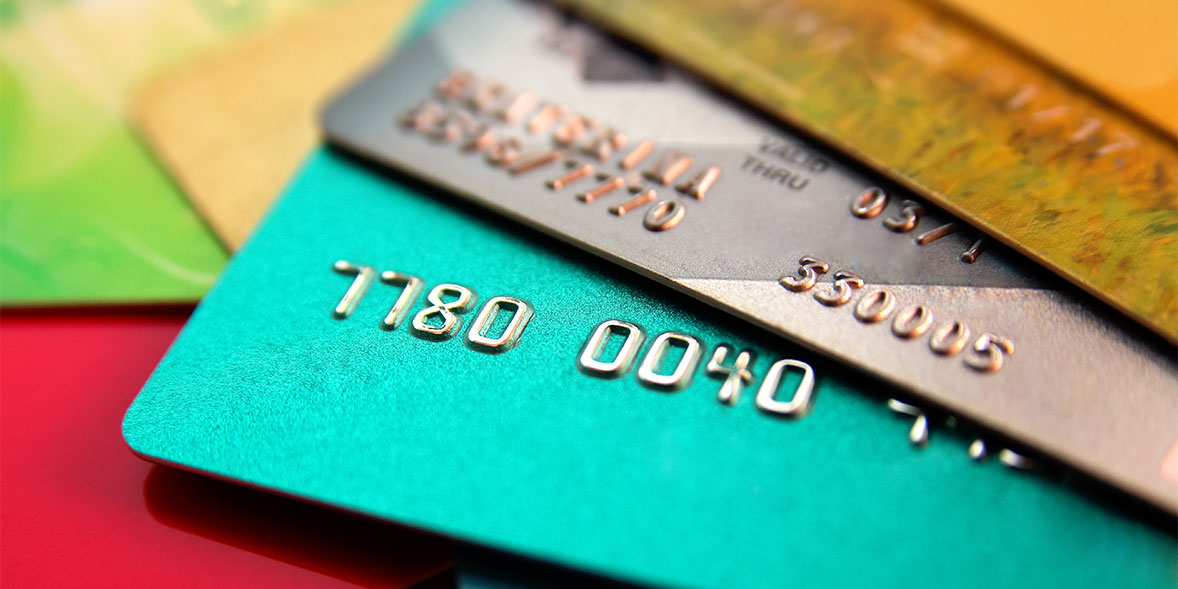How To Get Credit Cards if I Have a Bad Credit Score?
Having a bad credit score can feel like a weight around your neck, especially when you’re in a financial pinch and need access to credit. But, fear not! Even with a less-than-stellar credit history, there are avenues available for obtaining a credit card. Here’s a comprehensive guide to help you navigate this journey.
Related Topics (Sponsored Ads):
Understanding Your Credit Score
Before we dive into the solutions, it’s crucial to understand what constitutes a “bad” credit score. Typically, FICO scores range from 300 to 850. Anything below 580 is usually considered “poor.” Various factors can influence your score, including payment history, amounts owed, length of credit history, new credit, and types of credit used.
1. Secured Credit Cards
For those with poor credit, a secured credit card is often the easiest route to getting a card.
-
How it works: You deposit a sum of money, typically between $200 and $500, with the credit card issuer. This deposit acts as your credit limit and collateral. It means if you default, the issuer will use your deposit to cover the balance.
-
Pros: Almost everyone qualifies, and it’s a real credit card, not a prepaid or debit card. By using it responsibly (i.e., paying the full balance on time), you can rebuild your credit score.
-
Cons: Your credit limit is usually equal to the deposited amount, which might be limiting. Also, some secured cards come with high fees.
2. Retail Credit Cards
Retail or store credit cards are typically easier to qualify for than regular unsecured credit cards.
-
Pros: They can help rebuild credit if used responsibly.
-
Cons: They often come with high interest rates, and their usage is usually restricted to that specific retailer. This can be limiting if you need a more universally accepted card.
3. Subprime Credit Cards
These are designed specifically for individuals with bad credit.
-
Pros: They often come with lower qualification standards.
-
Cons: They can have very high fees, high interest rates, and might have less favorable terms. It’s essential to read the fine print and understand all the terms before getting one.
4. Become an Authorized User
If a family member or friend has a good credit history and trusts you, they can add you as an authorized user on their credit card account.
-
Pros: This allows you to piggyback on their credit history. You’ll get a card with your name, and their payment behavior will reflect on your credit report. If they use credit wisely, it can boost your score.
-
Cons: If the primary account holder misses payments or racks up a large balance, it could negatively impact your credit score.
5. Look for Credit Unions or Local Banks
Local institutions might have more flexible lending criteria compared to big banks.
-
Pros: They might offer products specifically designed for people trying to rebuild their credit.
-
Cons: Their product offerings might be limited, and you may need to be a member or meet specific criteria to qualify.
6. Consider a Co-signer
If someone with a good credit score is willing to co-sign a credit card application for you, it could increase your chances of approval.
-
Pros: Increases the likelihood of getting a credit card with better terms.
-
Cons: If you default or miss payments, it will negatively impact both your and your co-signer’s credit scores.
7. Look for Offers Aimed at People with Poor Credit
Some credit card issuers have products designed for those with low credit scores. Websites like Credit Karma or NerdWallet can help you find these offers.
Rebuilding Your Credit Score
Remember, the ultimate goal should be to rebuild your credit. Whichever route you choose, ensure you:
-
Pay on Time: This is the single most crucial factor in improving your score. Set reminders or autopayments if necessary.
-
Keep Balances Low: Ideally, use less than 30% of your credit limit. High balances can hurt your credit score.
-
Don’t Open Too Many New Accounts: New accounts lower your average account age, and each credit inquiry can slightly reduce your score.
-
Check Your Credit Report: Ensure there are no errors or discrepancies. You’re entitled to a free credit report annually from each of the three major credit bureaus – Equifax, Experian, and TransUnion.
In conclusion, while having a bad credit score can be challenging, it’s not the end of the road. With the right strategy and responsible credit behavior, you can secure a credit card and work your way back to financial health.




